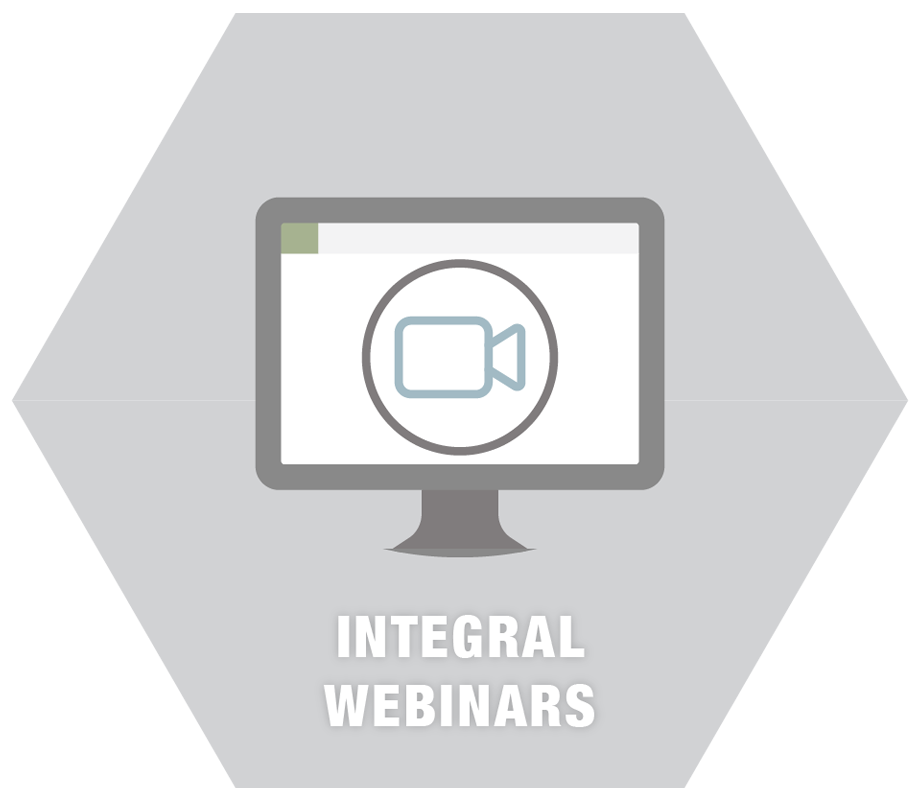Organizational Change
“Change will not come if we wait for some other person or some other time. We are the ones we’ve been waiting for. We are the change that we seek.”
Barack Obama
How to manage change transition to engage both the heart and the mind of people, for change efforts to succeed?
Change Transition
Organizational change is broadly defined as alterations to an organization’s structure, processes, and/or social system. As a trigger, change will provoke new behaviors and emotions. Change could therefore be a very emotive event. Without considering emotions in the change process, interventions tend to fail. The old management practice of threatening employees with “change or die” generates negative emotions and discourages commitment. Integral’s OD interventions offer a total solution in change transition to engage both the heart and the mind of people for changed efforts to succeed in organizations.
Systems Thinking
Systems Thinking involves the idea that “the whole is greater than the sum of its parts”. High performing leaders or professionals have the ability to recognize patterns, interdependency & interrelationships of components, change, variables and forces in a system. There is a certain degree of intangibility in defining these relationship elements, similar to defining the successful elements in a team that wins with teamwork. The truly insightful leaders find ways to pinpoint and develop these difficult-to-quantify aspects. This program has been designed with the goal of helping you develop this frame of thinking to resolve complex organizational problems.
Team Alignment
In today’s competitive business environment, success depends on our ability to work across teams. Team to team collaboration to achieve mission-critical goals is a pre-requisite to increase organizational efficiency and performance. Strong teamwork wins on two fronts: the organization’s bottom line and staff morale. Integral facilitates the meetings with an experiential learning approach with a variety of team alignment activities.
Integral Leadership Program
Leadership is often the critical defining factor for an organization’s success in a competitive marketplace. Team leaders, regardless of their levels in the corporate hierarchy, are the key to driving higher productivity and improved efficiency while maintaining team relationships to boost employee morale. One of the fundamental struggles of effective leadership is to balance results versus relationships. This program is highly interactive by use of assessments, case studies, role-plays, games, experiential activities, action learning. It is on modular basis which is flexible to mix and match the topics best-fitting to different levels of leaders and structure of curriculum.
Tactical Project Management
Project-based work is popular in many organizations. In this kind of management by project, members in different functional and hierarchical levels are involved in various types and scale of projects, for instance, new product development, cycle time reduction, new market development, information technology system change, employee socialization activities, cost reduction campaign, customer service campaign, etc. Other than traditional planning and organizing skills, project leaders and members need tactical project management skills to optimize resources in order to execute plans and achieve goals in a systemic approach. Whether there is a need to start off real projects or to learn fundamental planning skills and concepts, tactical project planning and management skills are suitable for all levels of managers and employees.





